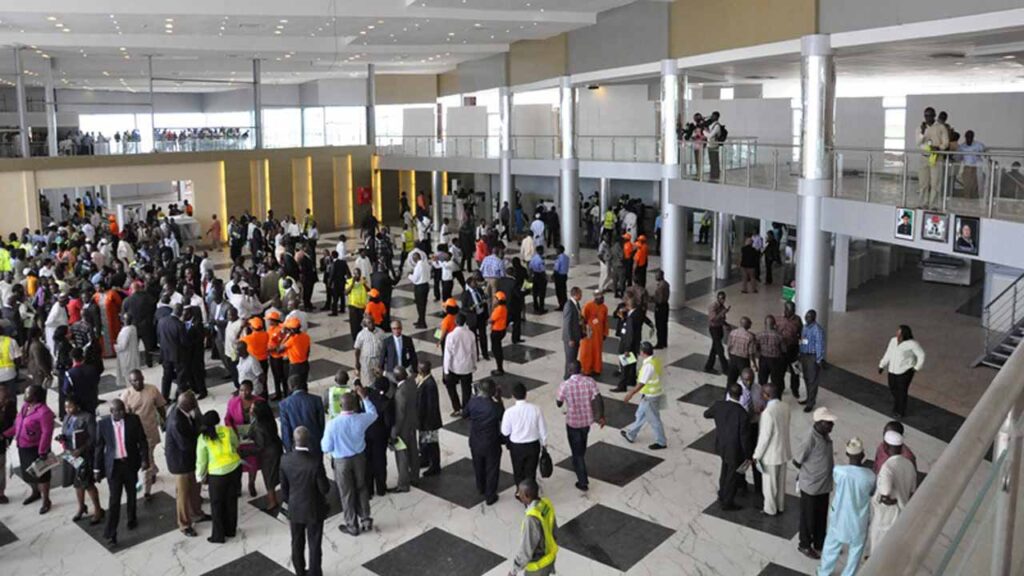
Chief Bola Ahmed Tinubu has expressed growing apprehension about the increasing emigration of skilled Nigerian professionals and university graduates in pursuit of enhanced education, employment, and prospects globally.
He said this while speaking at the 2023 National Migration Dialogue organized by the National Commission for Refugees, Migrants, and Internally Displaced Persons (NCFRMI).
The event, themed “Leveraging on Youth Migration for National Development,” provided a platform to discuss the crucial connection between migration, youth, and national development within the Nigerian context.
Tinubu, represented by the Minister of Humanitarian Affairs and Poverty Alleviation, Betta Edu, emphasized the significance of exploring alternative strategies to address challenges posed by irregular migration routes, which compound vulnerabilities among the youth.
“Nigeria boasts one of the highest global population growth rates, with the World Bank anticipating a potential doubling of Nigeria’s population within the next 25 to 30 years. As you may be aware, Nigeria serves as a pivotal hub for young migrants as a source, transit, and destination country.
“The prevalent use of irregular migration routes compounds vulnerabilities; thus, addressing this challenge necessitates the exploration of alternative strategies to diminish such vulnerabilities,” Mr. Tinubu said.
According to him, Nigeria will not only diversify its economy but also contribute to a more balanced and resilient trajectory of growth.
Highlighting Nigeria’s role as a pivotal hub for young migrants as a source, transit, and destination country, Tinubu stressed the need for diversifying the economy and contributing to a more balanced and resilient trajectory of growth.
According to Premium Times, Tinubu noted Nigeria’s high population growth rate, with the World Bank anticipating a potential doubling of the country’s population within the next 25 to 30 years.
The Federal Commissioner of NCFRMI, Tijani Ahmed, discussed the challenges of migration, especially as they intersect with the aspirations and potential of the youth.
He highlighted the commission’s successful assistance in the reception of over 4,500 voluntary and forced returned migrants from various countries, with support from the International Organization for Migration (IOM) and other stakeholders.
READ ALSO: Subsidy Removal: ‘Where Are The Dollars?’ Sanusi Knocks Tinubu
Addressing the dynamics of internal migration and mobility, Ahmed referenced the significant impact of climate events on human mobility, citing the 2022 flood events that displaced about 1.4 million people across 33 states in Nigeria.
The Chief of Mission at IOM, Laurent De Boeck, emphasized the importance of government policies that care for the diaspora and do not exploit them.
He reaffirmed IOM’s commitment to working with the national government and relevant stakeholders to change the narrative on migration, enhancing regular pathways for migrants.
“These migrants are currently being integrated into various reintegration programmes of the government, civil society organisations and our international partners. As we delve into the National Migration Dialogue, we will explore the dynamics of internal migration and mobility.
“In 2022, Nigeria experienced one of its worst flood events in over a decade, which displaced about 1.4 million people, affecting 33 out of the 36 states of the federation,” Mr Ahmed said. He said this underscores the significance of climate events in human mobility.
Also speaking, the Chief of Mission, IOM, Laurent De Boeck, said to harness the potential of youth migration, government policies must be seen to care for the diaspora and not be extractive.
“IOM remains committed to working with the national government and all relevant stakeholders in ensuring that we change the narrative on migration to enhance regular pathways to migrants,’’ Mr De Boeck added.


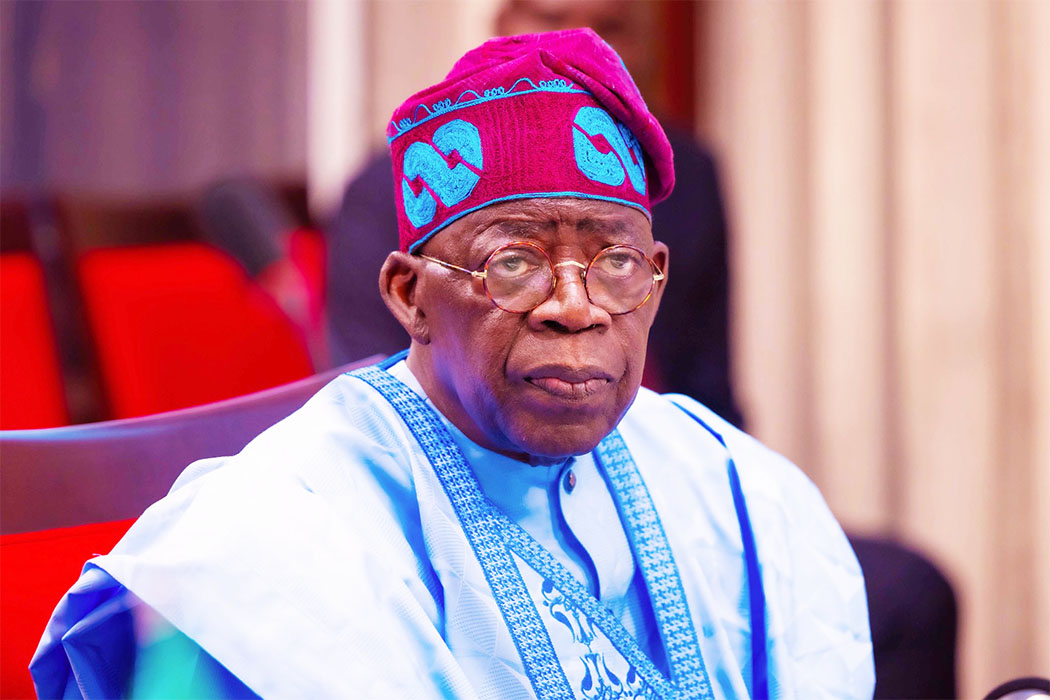

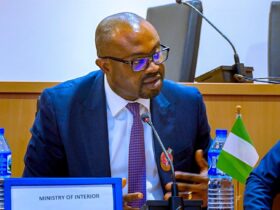
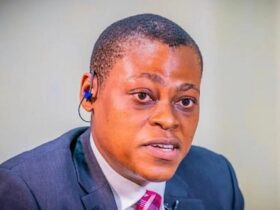
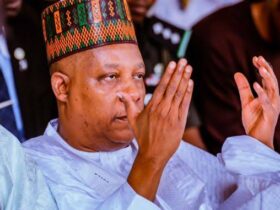
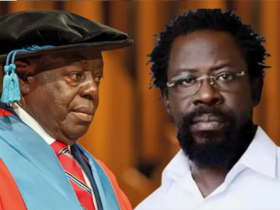
Leave a Reply